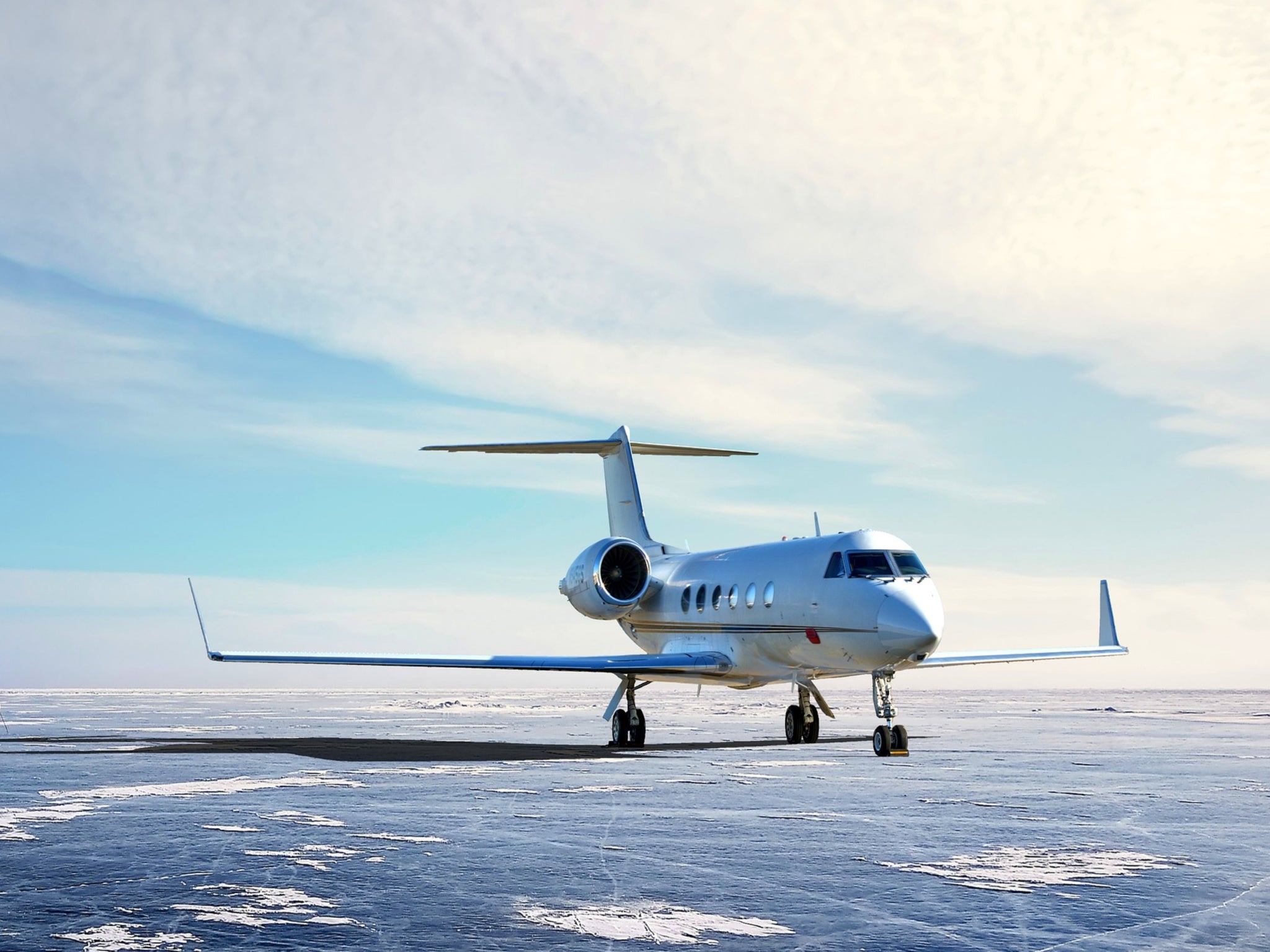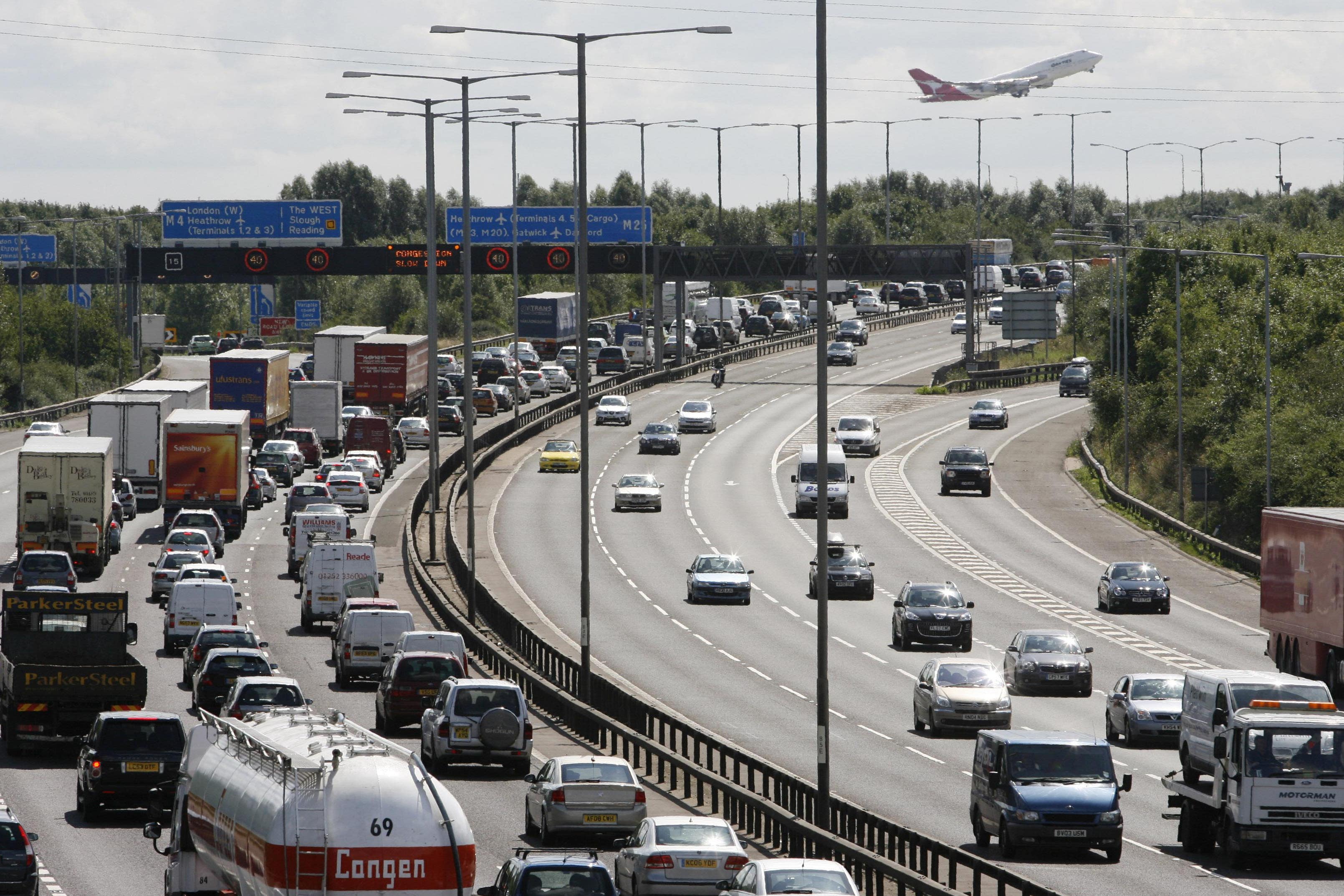Richest people in Briton ’cause 12 times more transport emissions than average’
Calls for more to be done to tackle private jets

The richest people in Briton cause 12 times more greenhouse gas emissions from their transport than the average person, a report has claimed.
The highest-earning 0.1% of the country cause the most damage.
The report uses household survey data and analysis for Great Britain to draw up profiles of different groups, including how much they fly, use cars or public transport, their wealth, age and location, the distance they travel and the emissions it causes.
Research by the IPPR think tank found that half of all transport emissions come from just a sixth of the population in Great Britain, while the most polluting 10% of the population are responsible for 42% of emissions.
The report revealed that income is directly linked to levels of mobility, including flying and driving, with people who have an annual income of more than £100,000 travelling at least double the distance of those who earn less than £30,000.
It also found that people from deprived neighbourhoods travel significantly less, and cause fewer greenhouse gas emissions, than the wealthiest postcodes, while those with a disability and people from a non-white British ethnicity also travel far less, causing less pollution.
The UK has made little progress in cutting greenhouse gas emissions from transport in the past few decades, and domestic travel is now the biggest single contributor to the country’s climate pollution, accounting for 29%.
Tackling emissions from transport must be done in a fair way, the IPPR argues, with the most well-off needing to do the most.

The think tank is calling for the introduction of new taxes on private jets, including both increased air passenger duty and a kerosene tax.
For surface transport, there are two “simple” answers, the IPPR’s report argues – improve public transport and speed up the transition to electric vehicles.
Some people, such as those on lower incomes in rural areas, may need support to shift to electric vehicles, but those on higher incomes have the resources to make the move immediately, it said.
There needs to be more support for walking and cycling, the 2030 ban on the purchase of new internal combustion engines – pushed back to 2035 by Rishi Sunak last year – needs to be reinstated, while a ban on municipal bus fleets must be lifted, and rail networks must be run in partnership with local leaders.
Acting to reduce emissions from transport can also address inequality and improve quality of life, the report says.
Dr Maya Singer Hobbs, senior research fellow at the IPPR, said: “Our transport system both reflects and contributes to social inequalities.
“Reducing emissions can actually tackle some of that injustice, if done fairly.
“But while not everyone needs to make the same changes, those who are financially best off need to do the most.”
Stephen Frost, principal research fellow at the IPPR, said: “The next UK government must step up the pace by delivering a credible, fair and people-focused plan for more sustainable travel.”
Bookmark popover
Removed from bookmarks